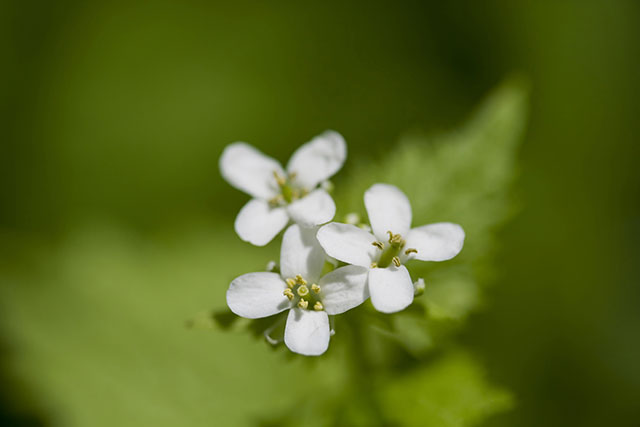New science proves YOGA really works for treating depression, but only if you stick with it
05/16/2017 / By Bridgette Wilcox

Those who practice yoga know how efficient it is when it comes to strengthening the body, easing inner aches and pains, and calming the mind. New research has found that when done long-term, the ancient practice may even be useful when it comes to treating depression, ScienceDaily.com reported. In a study published in Psychological Medicine, research psychologists examined the effects of doing hatha yoga when it came to treating depression when used alongside antidepressant medications. According to lead researcher Lisa Uebelacker, an Associate Professor of Psychiatry and Human Behavior at the Warren Alpert Medical School of Brown University, their study is the largest one that explored the effects of yoga on depression.
For the study, the researchers examined patients who were currently or had recently experienced major depression and were receiving antidepressant medication and continued to have clinically significant depressive symptoms. The participants were randomized and divided into two groups: One participated in a hatha yoga class, while the control group went through a health education class, both over a period of 10 weeks. The participants were observed for six more months afterwards. The findings showed that while there were no significant differences between those who took hatha yoga and those who took health education at the end of 10 weeks, outcomes observed over a longer period of time showed otherwise.
“When we examined outcomes over a period of time including the three and six months after yoga classes ended, we found yoga was superior to health education in alleviating depression symptom,” Ueblacker was quoted as saying in the ScienceDaily.com report. Ultimately, they found that yoga had an impact on depression. “We hypothesized that yoga participants would show lower depression severity over time as assessed by the Quick Inventory of Depression Symptomatology (QIDS), as well as better social and role functioning, better general health perceptions and physical functioning, and less physical pain relative to the control group,” Ueblacker said.
The efficiency of antidepressant medication has never been set in stone. Many people argue that it can worsen symptoms and lead to chronic health problems. Some argue that it can aggravate suicidal tendencies in patients of all ages, while others say that the medication can cause birth complications. This has led many people who suffer from depression to seek alternative forms of treatment, such as yoga.
According to Health.com, there are some effective ways to cope with depression without resorting to drugs:
- Exercise – Exercise releases endorphins, which is known for inducing “runner’s high”. It also alters mood-regulating chemicals such as norepinephrine and serotonin. Doctors recommended 20 to 30 minutes of exercise at least thrice a week.
- Light therapy – This is especially helpful for people who experience Seasonal Affective Disorder (SAD) during the winter when day time is particularly short. Light therapy involves sitting near a brightly lit box that replicates natural light. It does not cure depression, but it can alleviate symptoms.
- Meditation – Perhaps what boosts yoga’s antidepressant effects, meditation has shown effectiveness in preventing a relapse in depressive patients.
- Mood logging – Recommended by psychologists, keeping a mood diary allows depressive patients to be more aware of both the positive and negative events in their lives. This way, the focus shifts from just the negative events, and allows them to gain more perspective. Research suggests that positive thinking can help relieve depression.
- Acupuncture – A few studies have been done to explore the effects of this ancient Chinese practice on depressive patients. Results show that trying acupuncture lowers the rates of relapse in depressives, and also leads to more improvement in those that are already taking antidepressants.
Get more mental health updates on Mind.news.
Sources include:
Tagged Under: depression, depression treatment, hatha yoga, Yoga




















